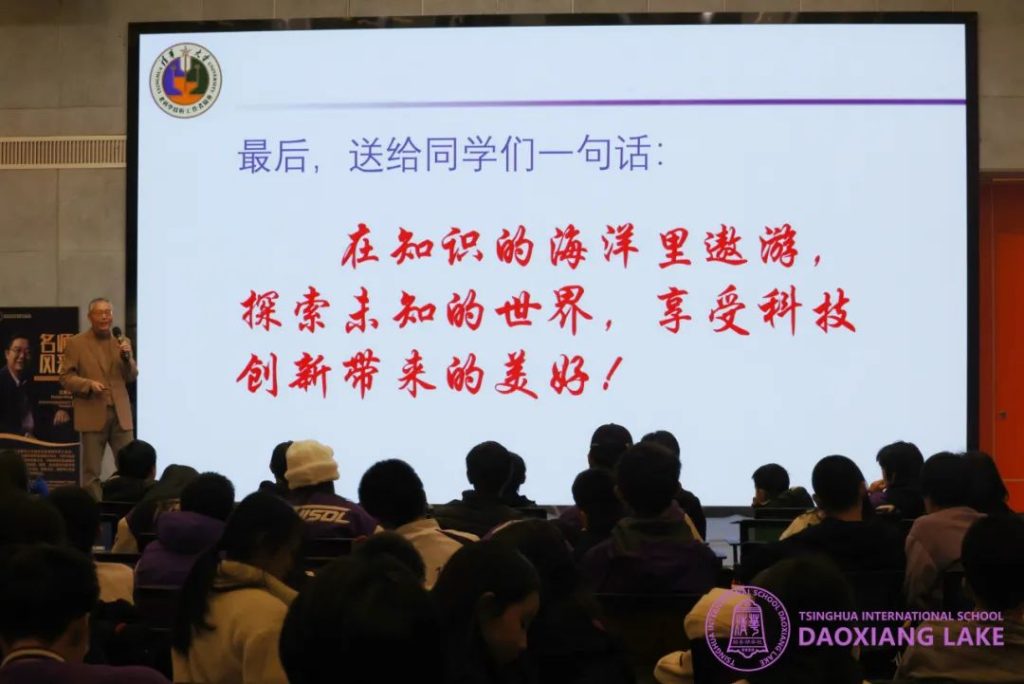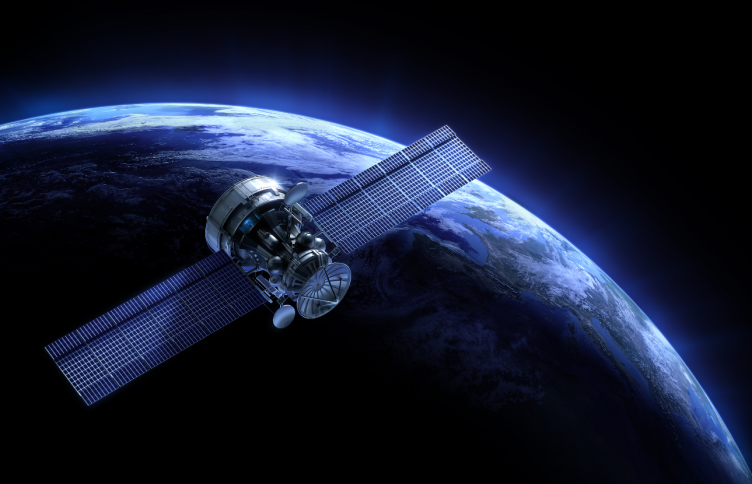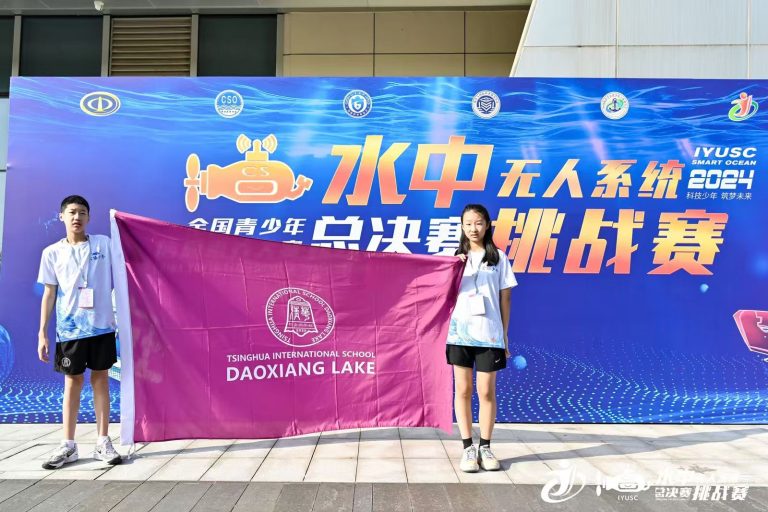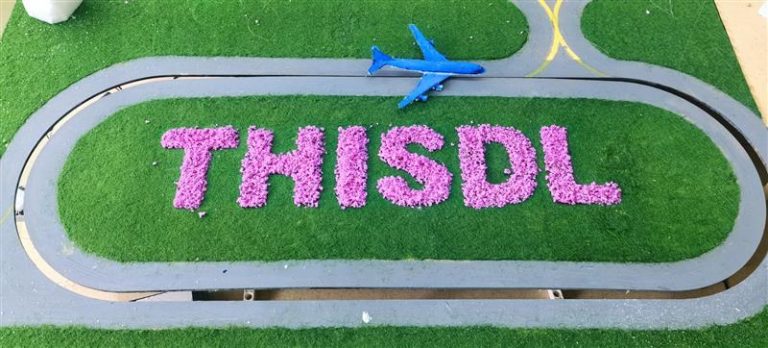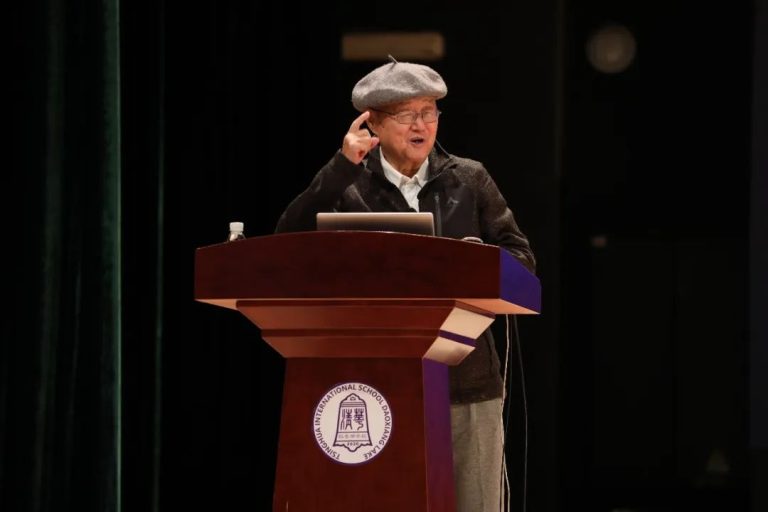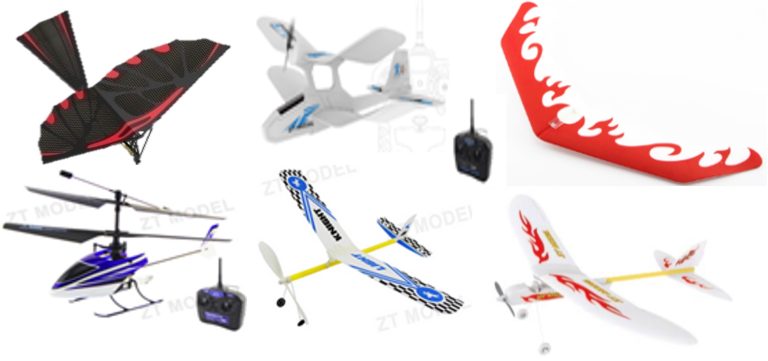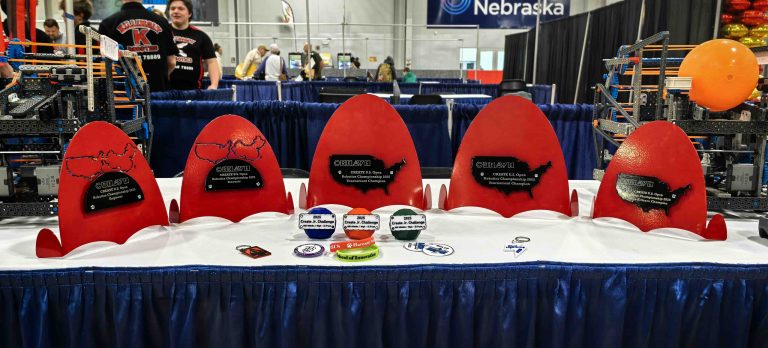清香讲座 | 天上的指路神杖——北斗导航系统
本文已收录到News专题
- 学术荣誉 | 牛津大学编程思维挑战赛,清香学子初战告捷
- 学术荣誉|清香学子夺取全国青少年科技教育成果展示大赛多枚奖项并晋级全国赛!
- 清香讲座 | 天上的指路神杖——北斗导航系统
- 喜报 | 教育部白名单赛事,清香学子再夺金!
提到“北斗”这个词,你会想到什么呢?你可能会想到闪耀在夜空中的“北斗七星”,又或者会脱口而出“北斗卫星”。
What comes to your mind when you think of the word “Beidou”? You may think of the “the Big Dipper” shining in the night sky. Or maybe you will blurt out “Beidou Navigation Satellite”.
我国蓬勃发展的现代航天事业,为“北斗”赋予了一层新的含义。
China’s booming modern space industry has given a new meaning to “Beidou”.
11月26日,我们很荣幸地邀请到了来自清华大学精密仪器系的董景新教授、博士生导师,带领我们一起探索神奇的天空指路明灯——北斗导航系统。
On 26th November, we were honoured to invite Professor Dong Jingxin, PhD supervisor from the Department of Precision Instrumentation of Tsinghua University, to lead us in exploring the magical guiding light of the sky – the Beidou Navigation System.
此次讲座董教授主要从三个方面展开:卫星系统如何定位导航、我国三代北斗导航系统的组成及特点、北斗导航系统的应用。
The lecture was delivered by Professor Dong from three main aspects, namely, how satellite systems locate and navigate, the composition and characteristics of China’s three generations of Beidou Navigation System and the applications of Beidou Navigation System.
董教授首先向我们介绍了古人是如何利用北斗七星的运转原理来实现初步定位的,然后引申过渡到对现代卫星导航系统的介绍。
Professor Dong first introduced to us how our ancestors used the principle of the operation of the Big Dipper to achieve initial positioning. Then he extended the transition to the introduction of modern satellite navigation systems.
大家知道,现在我们天上有很多导航卫星,那这些卫星怎么告诉我们现在在哪呢?实际上,它是靠测出我们目前所处的位置与导航卫星的距离来得到的。不过,单凭借一颗卫星发射的信号是无法实现定位的。在理想的情况下,我们必须同时收到三颗卫星的信号才能够定位。这就是三球交会定位原理。
As we all know, we now have many navigation satellites in the sky, so how do these satellites tell us where we are now? In fact, it relies on measuring the distance between our current location and the navigation satellites to get it. However, positioning cannot be achieved by relying solely on the signals emitted by one satellite. Ideally, we must receive signals from three satellites at the same time to be able to locate. This is the principle of three-sphere rendezvous positioning.
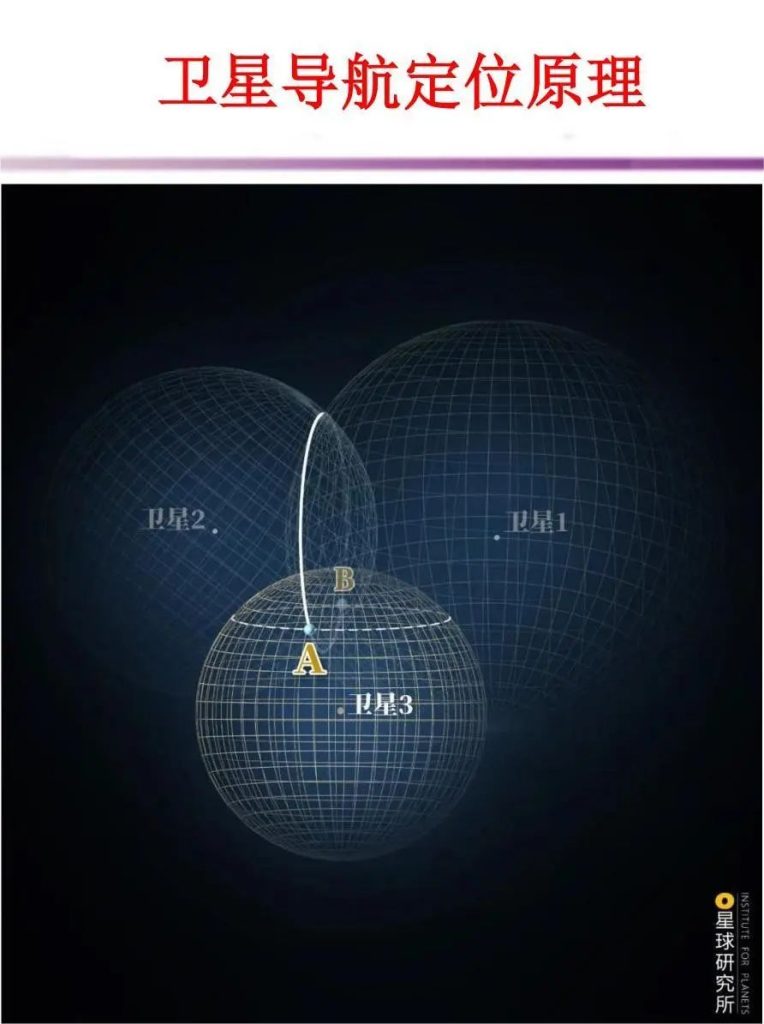
随后董教授为我们简单介绍了全球四大卫星导航系统的发展与比较。
Prof Dong then gave us a brief introduction to the development and comparison of the four major global satellite navigation systems.
1993年“银河号”货轮在印度洋上漂泊33天的事件让许多航天科学家和国防人员意识到自主导航的重要性,发展卫星导航,刻不容缓。1994年,我国正式提出了北斗导航系统“三步走”战略。
In 1993, the “Galaxy” cargo ship drifted in the Indian Ocean for 33 days, which made many space scientists and defence personnel aware of the importance of independent navigation, and the development of satellite navigation, which should not be delayed. 1994, China formally put forward the “three-step” strategy of Beidou navigation system. “strategy for the BeiDou navigation system.
随后,董教授详细介绍了我国三代北斗系统的组成及特点。1994年我国启动北斗一号系统建设,该系统服务区域为中国本土;2004年启动北斗二号系统建设,共有14颗卫星,该系统服务区域为亚太地区;2009年启动北斗三号系统建设,共30颗卫星,到2020年6月23日完全建成,向全球提供民用服务。
Afterwards, Professor Dong introduced in detail the composition and characteristics of China’s three generations of BeiDou system, which started the construction of BeiDou-1 in 1994, with the service area of China; BeiDou-2 in 2004, with a total of 14 satellites, and the service area of Asia-Pacific; and BeiDou-3 in 2009, with a total of 30 satellites, and will be fully completed by 23 June 2020 to provide civil service to the world. By 23 June 2020, the system will have been completed and civilian services will be provided to the world.
在介绍完北斗系统的发展与构成后,董教授通过一些图片向我们展示了北斗导航系统的应用,从全球定位、导航到交通运输,从公共安全、应急管理到短报文通信……中国北斗正不断走近人民生活,为我们的生活开启无限可能。
After introducing the development and composition of BeiDou system, Prof. Dong showed us the applications of BeiDou navigation system through some pictures, from global positioning and navigation to transportation, from public security and emergency management to short message communication …… China Beidou is approaching people’s life and opening unlimited possibilities for our life.
讲座最后,董教授寄语清香学子“在知识的海洋里遨游,探索未知的世界,享受科技创新带来的美好!”希望孩子们能够珍惜校园时光,努力学习,为祖国的繁荣昌盛贡献出自己的力量。
At the end of the lecture, Prof Dong told THISDL students that he hoped students would swim in the sea of knowledge, explore the unknown world and enjoy the beauty brought by science, technology and innovation! We hope students can cherish their time on campus, study hard and contribute to the prosperity of the motherland.
